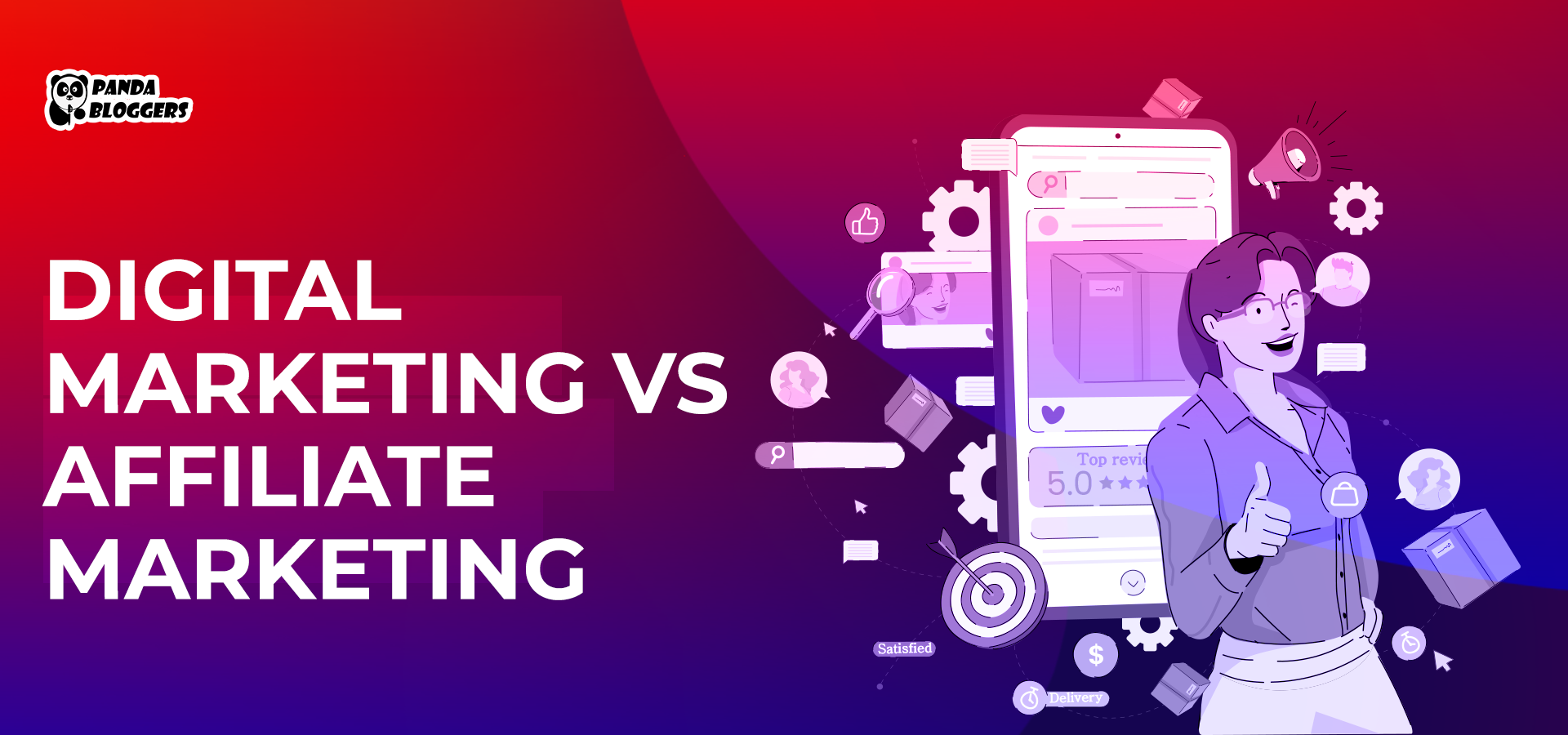 Digital Marketing vs Affiliate Marketing
Digital Marketing vs Affiliate Marketing
Digital marketing enables brands to connect with potential customers using digital channels. Brands these days drive customer acquisition and demand generation by running various digital marketing campaigns. Also, they make customers’ brand experience consistent and seamless by integrating top digital marketing channels.
On the other hand, affiliate marketing creates opportunities for marketers to earn commissions by promoting the products or services of other businesses. Hence, digital marketing differs from affiliate marketing in many aspects, including scope, tactics, and budget. We are discussing some of these key differences between digital marketing vs affiliate marketing.
Digital Marketing
Unlike conventional marketing, digital marketing helps brands market and sell products/services using web-based communication channels. In addition to helping brands reach a wider audience, digital marketing tactics help businesses increase brand awareness, foster customer engagement, and personalize customer experiences.
Companies and startups these days engage and influence potential customers using top digital marketing channels – websites, mobile apps, search engines, social media, and digital advertising. Furthermore, they integrate top digital marketing channels to keep brand messaging and experience consistent across digital touchpoints.
Hence, businesses strategize and run digital marketing in various forms. Also, they increase ROI by combining inbound and outbound marketing strategies. However, digital marketing helps businesses promote their own products or services by reaching target audiences directly. Also, some digital marketing strategies require businesses to incur extra costs.
Affiliate Marketing
Often bloggers define affiliate marketing as a revenue-sharing marketing or advertising method. Affiliate marketing creates opportunities for individuals to earn recurring income by helping brands achieve marketing and sales goals. Leading brands and online retailers allow individuals and bloggers to promote and sell their products/services by running affiliate marketing programs.
An affiliate marketer encourages his target audience to visit a specific online store or marketplace by embedding affiliate links in digital content. Each time a person clicks on the affiliate link, the affiliate network tracks the transaction and the affiliate marketer receives monetary commission.
However, affiliate marketing programs pay a commission to the affiliate marketer when the target audience performs the desired action – visit the website, make a purchase, or become an email subscriber. Individuals and businesses can join popular affiliate marketing programs without paying any fees. However, their commission income will vary based on factors like product, industry, and agreement terms.
Digital Marketing vs Affiliate Marketing (7 Key Differences)
Goals
Businesses run digital marketing companies to drive lead generation, nurturing, and conversion activities. Digital marketers primarily focus on diverting more visitors to the website using organic and paid digital channels. However, companies and retailers run affiliate marketing programs intending to generate referral leads. Affiliate marketers introduce the referral leads to the company by acting as brand advocates. Several studies suggest that referral leads beat generic leads in the category of conversion and retention rates.
Forms
Companies plan and execute digital marketing channels in various forms. For instance, they increase website traffic organically by implementing on-page, off-page, and technical SEO tactics. Likewise, they increase website traffic, promote offerings, and create brand awareness by running social media promotion campaigns. Also, most companies these days increase customer outreach by running multi-channel digital marketing campaigns.
Most companies and retailers these days run different categories of affiliate marketing programs – attached, relative, and involved. Unattached affiliate marketers promote and sell products without any connection. Relative affiliate marketers promote and sell products related to a specific industry or niche. Involved affiliate marketers promote high-quality products selected based on their personal experiences.
Product Ownership
Most companies and startups these days have in-house digital marketing teams. The in-house marketers promote the products or services offered by the company by planning and managing various digital marketing channels. On the other hand, affiliate marketers earn commission by promoting and selling products offered by another company. Hence, they do lack ownership of products like companies and startups.
Customer Reach
Existing and prospective customers interact with a brand using various digital channels and devices. Brands contact and engage potential customers across digital touchpoints by running integrated marketing campaigns. The integration of digital marketing channels helps them reach a wider audience in a short amount of time. However, affiliate marketers sell a product by connecting with a limited customer base. That is why; leading brands run affiliate marketing programs as part of their digital marketing strategy.
Components
While strategizing digital marketing campaigns, managers consider several components or elements – website, digital channel, target audience, and costs. They make digital marketing strategies successful by combining these key elements. However, the affiliate marketing process consists of three components – the brand, the affiliate marketer, and the customer. The additional components make digital marketing more complex than affiliate marketing.
Competency
Most companies these days run digital marketing companies by deploying skilled digital marketers. They prefer digital marketers with important skills like search engine optimization (SEO), social media promotion, content marketing, paid analytics, and data analytics. Likewise, an affiliate marketer can increase commission income only by developing and honing important skills like content creation, market research, and customer sentiment analysis. Hence, students and working professionals can become affiliate marketers without completing digital marketing courses.
Costs
Digital marketing strategies can be divided broadly into two categories – organic and paid. Organic digital marketing strategies like search engine optimization and social media promotion generate and increase website traffic over time without escalating costs. Paid digital marketing strategies like search engines and social media advertising increase website traffic in a short amount of time. However, a business cannot run organic or paid advertising campaigns without incurring costs. Affiliate marketing programs require businesses to pay a commission to the affiliate only when he generates sales.
Digital Marketing vs Affiliate Marketing: Conclusion
Digital channels help businesses achieve marketing and sales goals by reaching the target audience directly. On the other hand, businesses run affiliate marketing programs to boost sales by outsourcing some parts of the sales process. Most businesses these days reach a wider audience by running multi-channel digital marketing campaigns. However, several studies project a steady increase in the affiliate marketing market in the near run. Hence, many enterprises boost sales by running affiliate marketing programs alongside various digital marketing campaigns.



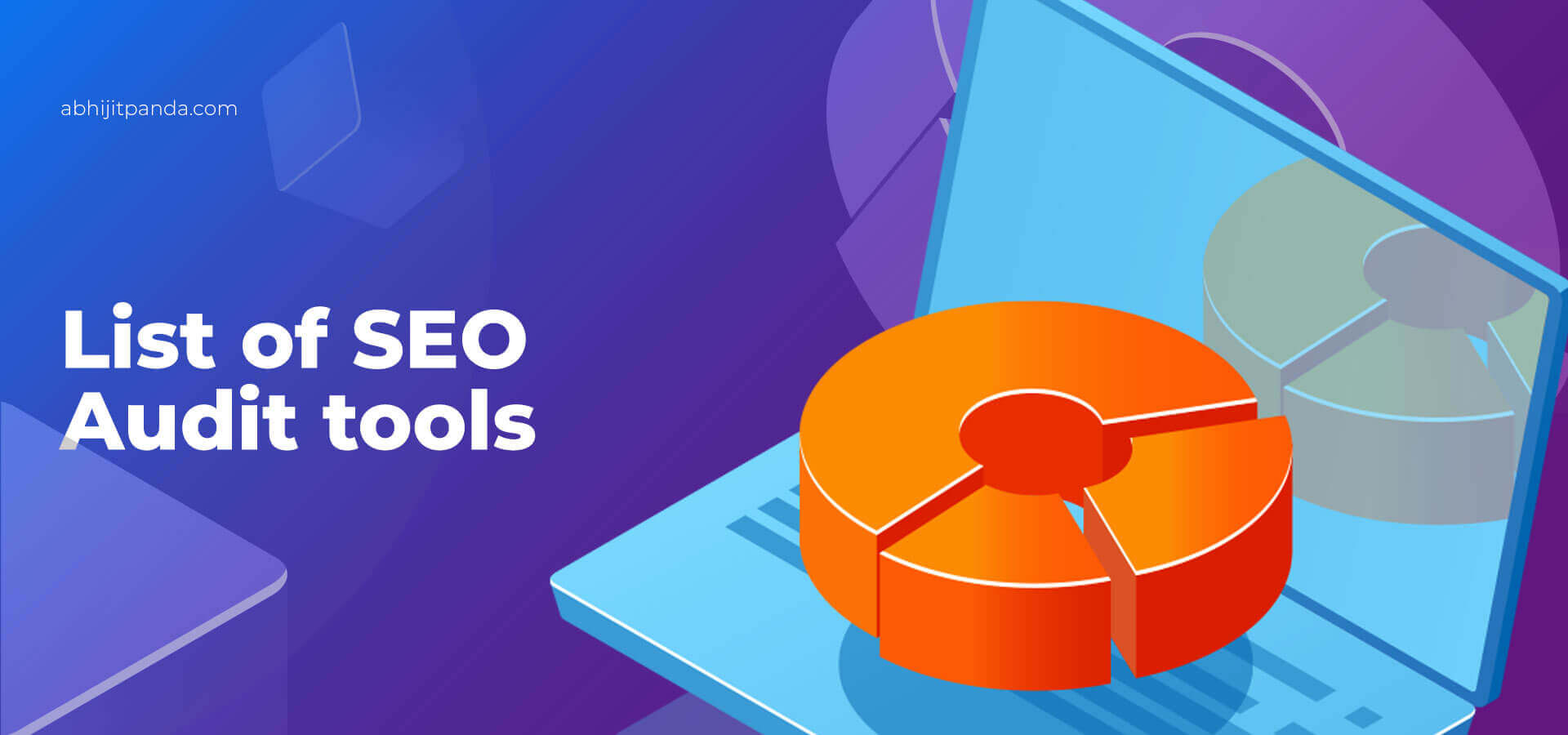
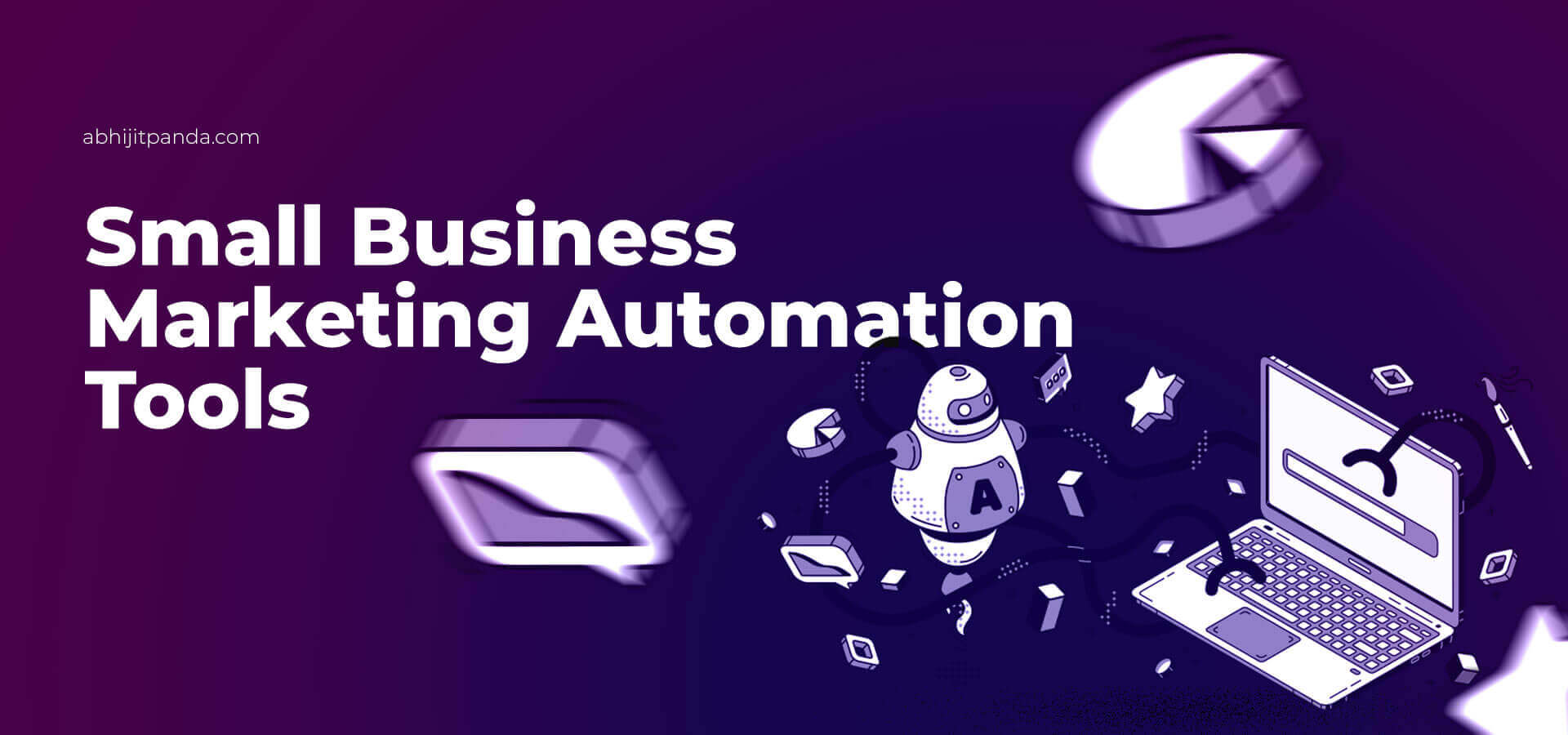
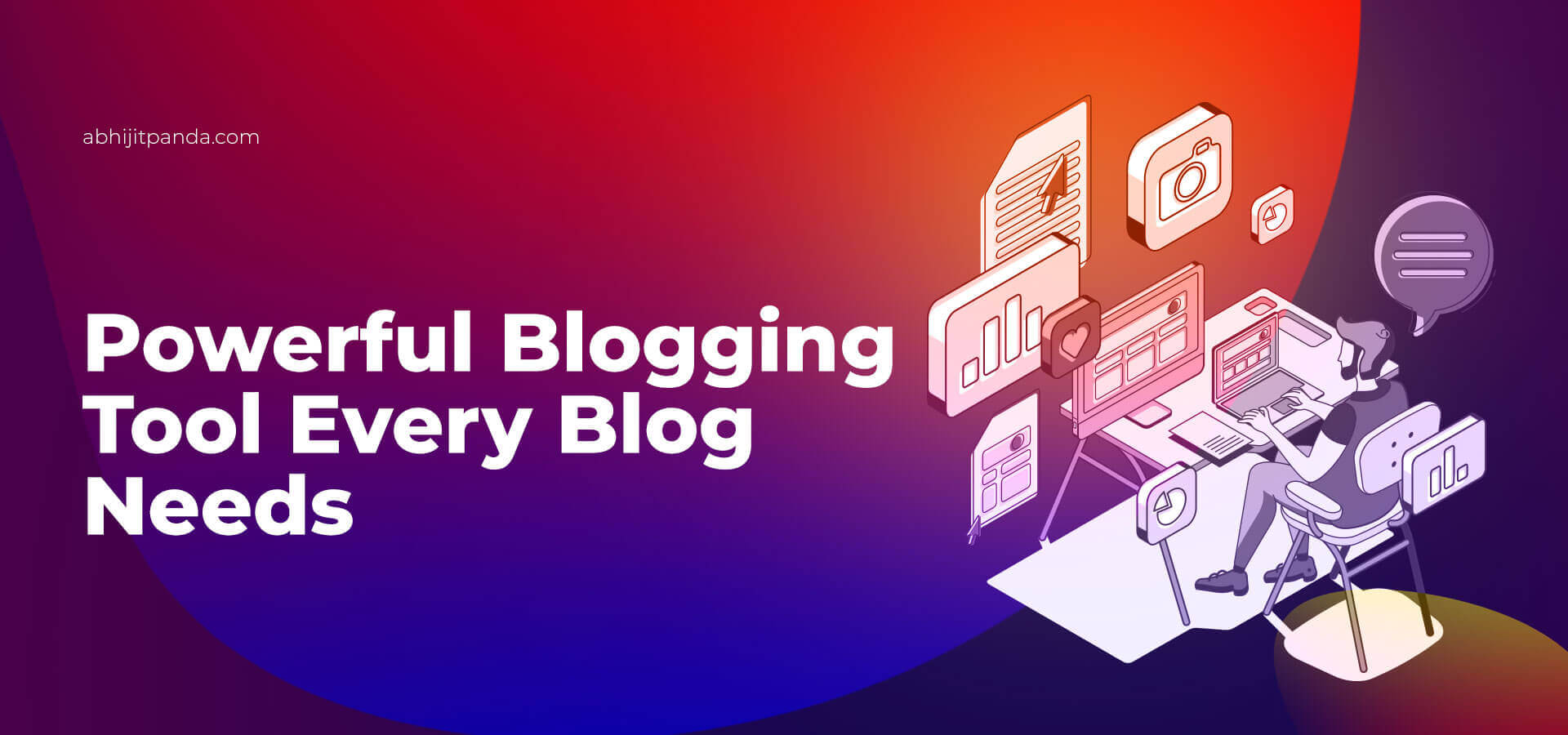
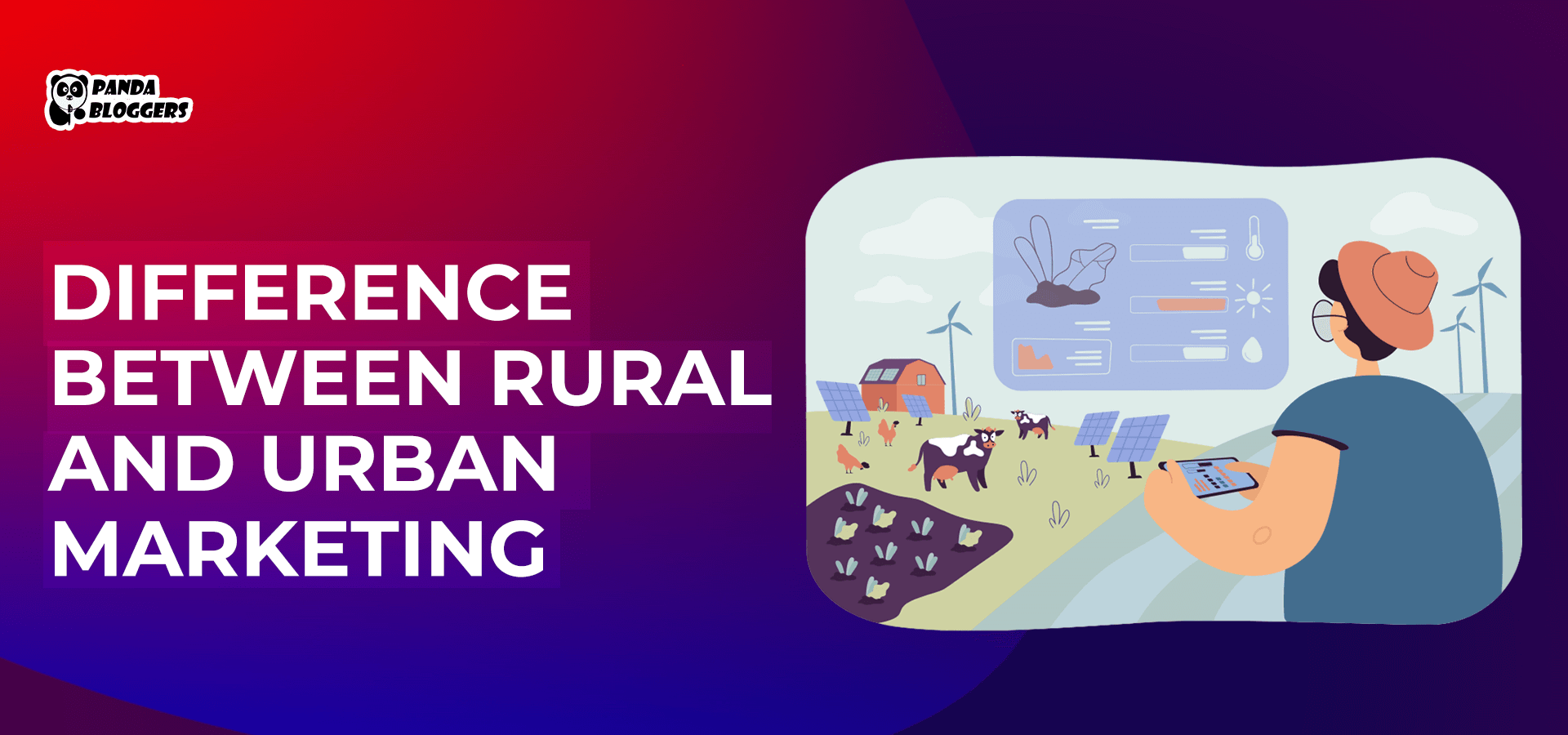

Leave a Reply